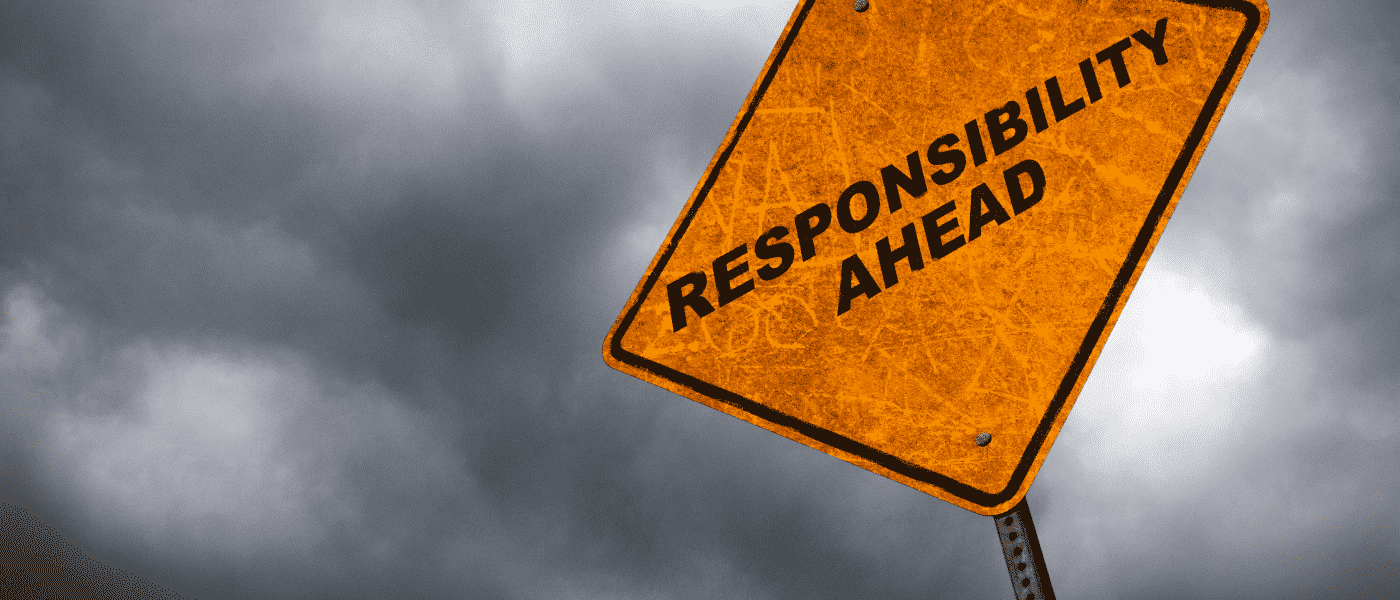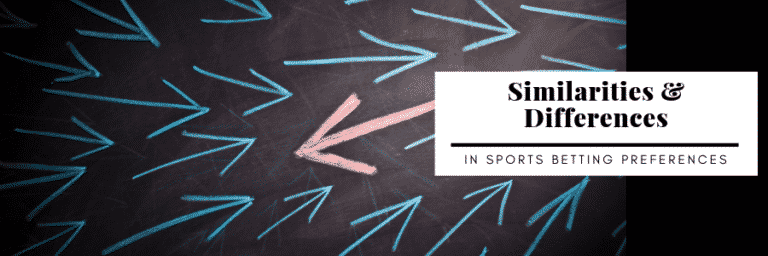Is It Too Late To Prevent Crackdowns On Gambling Advertisements?

Gambling advertising is a hot topic of late, as industry insiders have started raising alarms that the current glut of advertisements will inevitably lead to a European-style crackdown. These warnings could already be too late, as Massachusetts regulators are already considering restricting gambling advertisements.
At a recent hearing, Mark Vander Linden, the commission’s director of research and responsible gaming, recommended the Massachusetts Gaming Commission “limit gambling advertising and availability, especially in lower socioeconomic neighborhoods, or groups that may be at increased risk of experiencing gambling harms.”
In addition to gambling advertising restrictions, Vander Linden also recommended:
- Promote player pre-commitment for player reward cards holders.
- Require basic and ongoing casino employee training on problem and responsible gaming.
- Promote the availability of the Voluntary-self exclusion (VSE).
- Offer cool-off periods similar to VSE but shorter.
- Improve access to ATM exclusion programs.
- Restrict access to ATMs in gambling venues.
- Promote the availability of the credit suspension program.
- Automated alerts or other interventions for players when gambling behavior escalates.
- Implement safety measures when implementing cashless gaming systems.
- Reward responsible gambling on player reward cards.
- Serve alcoholic beverages responsibly.
Regulators Recently Warned Gambling Operators
During a September webinar, David Rebuck, the New Jersey Division of Gaming Enforcement Director, addressed the current level of advertising and fired warning shots at operators to self-regulate, or regulators would have to step in. Rebuck told attendees that the DGE keeps a close eye on ads, and license holders should consider pulling back on the reins.
Rebuck’s advice was simple, understand the divergent goals of your marketing department and your responsibility and compliance departments because, left unchecked, your marketing department’s aims will result in a more heavy-handed crackdown.
The Industry Sounds the Alarm at G2E
The topic was brought up during several G2E keynotes and panel discussions.
American Gaming Association CEO and President Bill Miller noted that regulators and the media are paying close attention to advertising, saying, “We have to get this right because we’ve seen what happens when it goes wrong. Italy banned sports betting advertising. In Spain, sponsorships between teams and operators are prohibited, and gambling ads can only air between 1 AM and 5 AM. In the UK, two-thirds of adults support banning sports betting advertising altogether.”
Miller also addressed the new players, from the sports leagues to media partners, noting that they have to do their part to avoid outside marketing restrictions.
Miller’s keynote address included the following warning:
“Our Responsible Marketing Code for Sports Wagering set a high, industry-wide standard that has informed and influenced leagues, operators, and media companies, and even made its way into recently enacted Arizona sports betting regulations.
“And we launched our Have a Game Plan, Bet Responsibly public service campaign to educate fans on responsible sports wagering. Momentum continues to build on this important initiative with an impressive list of campaign partners. Such efforts create a strong foundation. But as sports betting grows, so does our responsibility.”
Betting USA Has Been Saying This for Quite Some Time
Advertising fatigue is a topic Betting USA has been addressing for quite some time.
In a September 2020 column, I wrote:
If the blitz of DFS advertising in 2015 was too much for you, wait until sports betting advertising kicks into high gear. Not only will there be commercials, but there will also be entire pregame shows, halftime shows, and network programming aimed at sports bettors and brought to you by sports betting companies.
The cynic in me believes there will be more discussion of sports betting than sports, and I’m wondering how the average viewer will feel about having gambling jammed down their throats before, during, and after every game.
Or how the non-bettor will feel about their sport’s experience (a two- to a three-hour reprieve from reality) getting hijacked by gambling.
And I wonder how the anti-gambling crowd will respond to pregame show hosts used as some bizarre version of sports betting carnival barkers.
And as Casey Clark, Senior Vice President, Strategic Communications at the AGA, told me in a subsequent interview:
We hope that if we take proactive measures to self-regulate, we can avoid a heavy-handed regulatory backlash. So, we spent a long time working with other highly regulated industries that have successful self-regulatory models around advertising and marketing activities.
Based on Miller’s G2E remarks, self-regulation appears easier said than done.







